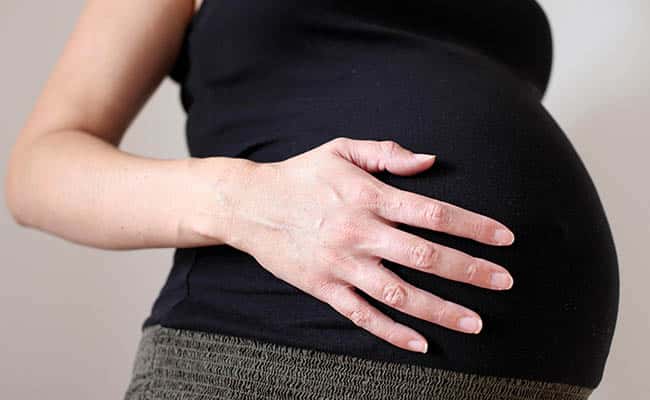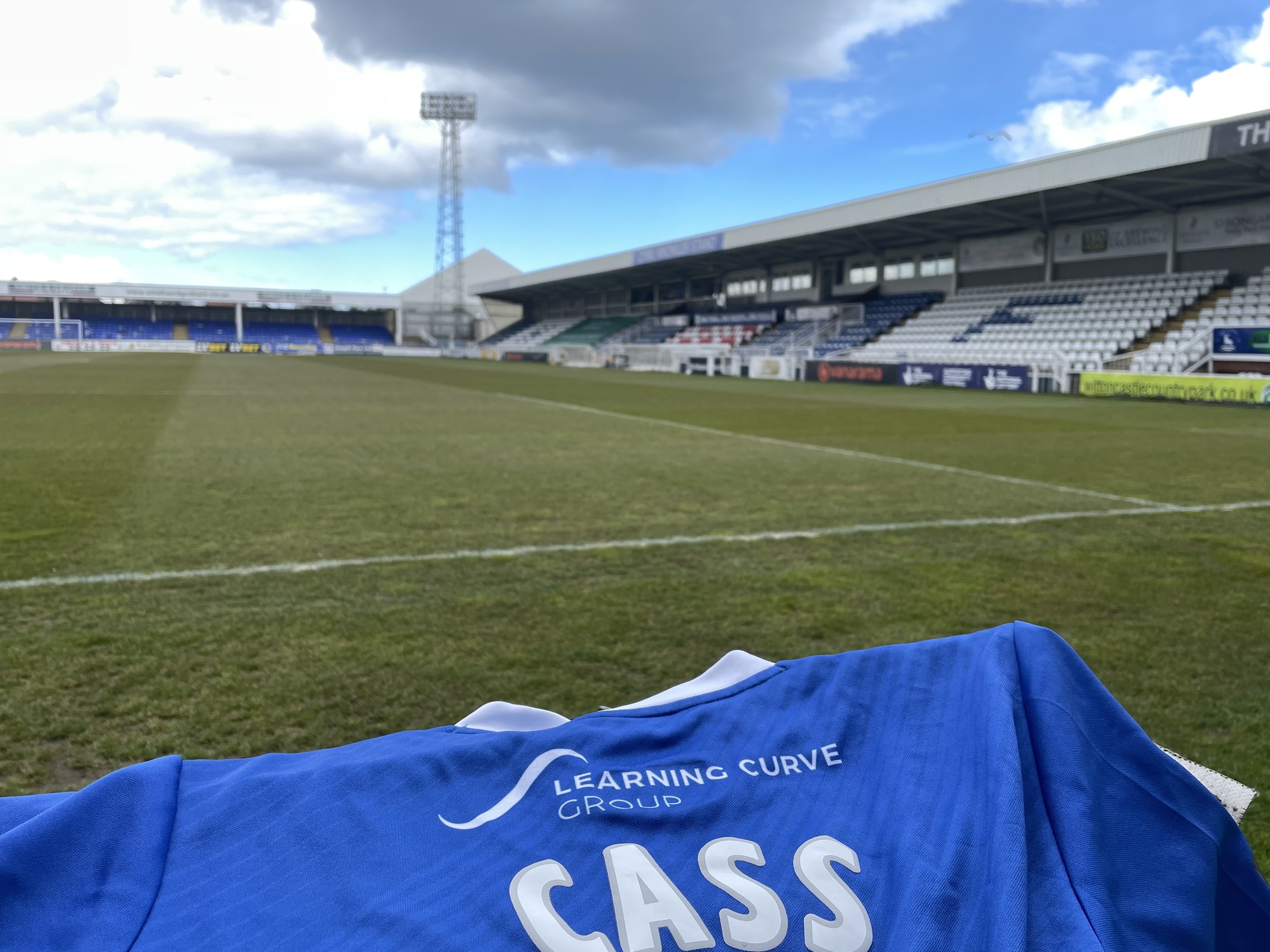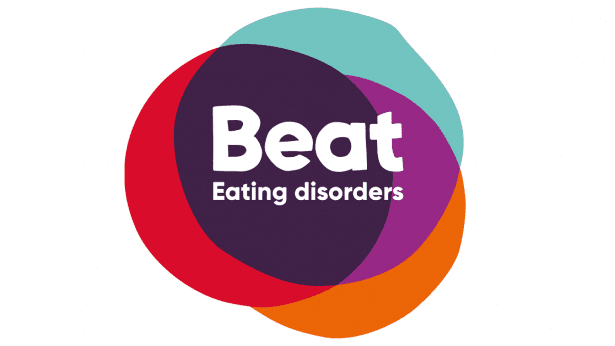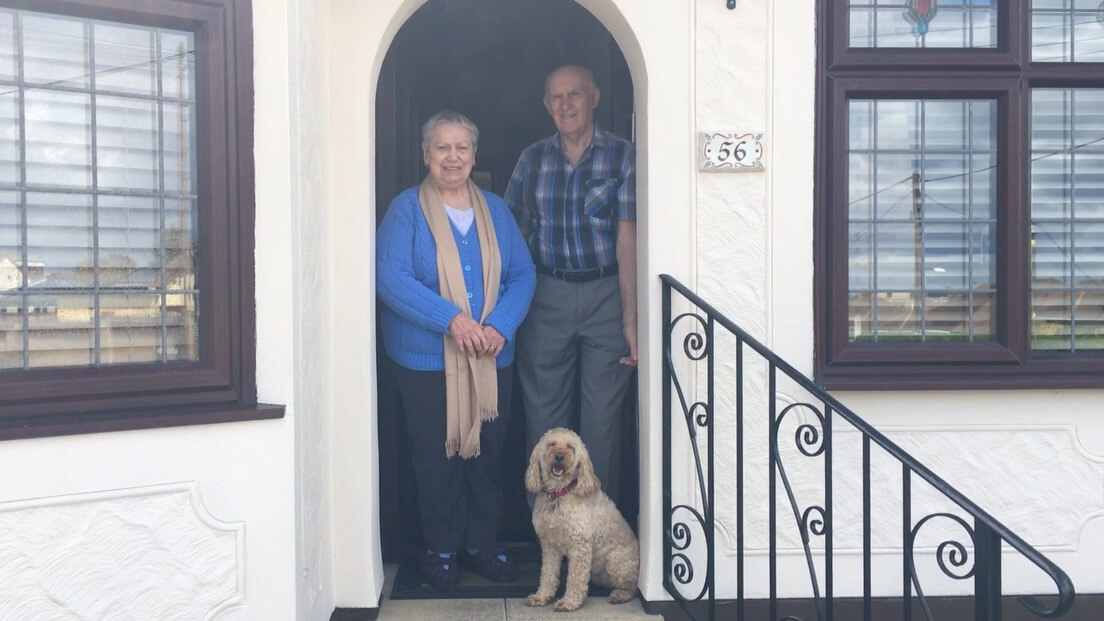
New numbers from the Office of National Statistics has shown that the amount of stillbirths have decreased in the past five years across the UK and substantially in the North East.
Statistics show that 2012 was the worst year for stillbirths in the North East with 178 of all births being a stillbirth. This has decreased massively as the 2015 statistics show a lower number of 103.
The definition of stillbirth is the birth of a baby who is born without any signs of life at or after 24 weeks of pregnancy. This could mean that the baby has died during late pregnancy, also known as an intrauterine death, or the baby may have died during the labour or birth which is called an intrapartum death.
Over the past seven years, health professionals have conducted groundbreaking research into the cause of a stillbirth and how to possibly prevent them from happening.
Most recently, Professor Alexander Heazell (Professor of Obstetrics and Clinical Director of the Tommy’s Research Centre, Manchester Academic Health Science Centre) worked with stillbirth charity “Tommy’s” and has found that pregnant women who sleep on their back are more likely to have a stillborn baby.
He said: “The research started in about 2012 and that was after one study in New Zealand which showed that Mums who slept on their backs had a higher risk of stillbirths. We wanted to see if the findings applied in a UK setting.”
The study was conducted in 41 settings across the UK by interviewing Mothers who had had a stillbirth. The questionnaire asked about diet and smoking and alcohol intake as well as sleeping positions. Research into these factors is still underway.
He said: “Mums who had a stillbirth were twice as likely to have went to sleep on their back than those who had slept on their front.
“We know that when a Mum is laid flat that the amount of blood that goes to her womb goes down. All of the baby weight presses down on the blood vessels at the back of the uterus which means less blood goes back to your heart and there is less oxygen going to the womb.”
Kirsty McGurrell, 29, gave birth to her baby boy Louis eight years ago. Unfortunately, this was a stillbirth. Kirsty has used this experience to do good by creating a charity named after her son called “4Louis.”
She said: “I phoned the hospital and they asked me if I had felt Louis move and I realised that I hadn’t. There was no heartbeat.”
“The doctor came in and said that our baby was dead. He was just perfect.”
Kirsty uses her charity to create memory boxes for families who are going through such trauma. These boxes are supplied to over 250 hospitals in the UK. They are filled with items such as two teddy bears – one for the baby, one for family – and a clear cast impression kit. They have candles, blankets and lots of other items to help celebrate the memory of the baby.
The cause of Kirsty’s stillbirth was a placental abruption. Statistics show that one in 40 stillbirths are caused by a placental abruption.
Professor Alexander Heazell said: “A placental abruption describes when a placenta comes off the side of the womb before it should do. Normally the placenta doesn’t come away from the womb until the baby is born. What happens in an abruption is that the mother’s blood starts to collect under the placenta and causes a clot. This can happen in the blink of an eye.”
He stressed that mothers must get checked out if they feel anything strange in the later months of their pregnancy.
Kirsty has had three children after Louis. She said that when she fell pregnant for the second time, throwing herself into the charity set her mind at ease of the worst occurring again.
She said: “Some advice would be to know that you’re not alone. You need to talk about it, don’t bottle it up. Use the tools that are around you.”
Earlier this year a news story broke about the fact that birth and death certificates are not given to stillborn babies. Kirsty was not issued with either, however she was given a stillbirth certificate. She strongly believes that a birth certificate should be given to all babies, alive or stillborn.
North East charity Sands had a lot to say on the matter. Cheryl Titherly, Improving Bereavement Care Manager at Sands, said: “Sands does not support a change to the current definition of stillbirth nor changing the certificates that parents who have a stillbirth receive. This is because medical opinion does not currently support reducing the age of viability below 24 weeks.
“We fully understand that some parents whose baby was born dead before 24 weeks find it very distressing that they cannot register the birth. However, it is important to recognise that there are also many parents who would be distressed if they had to register the birth in this way.
When a life is so short, there are few opportunities for creating memories. Sands encourages all hospitals to offer the option of a Certificate of Birth to parents of all babies who are born dead before 24 weeks.”
The Sunderland Royal Hospital Midwife Department would not comment on the matter.



